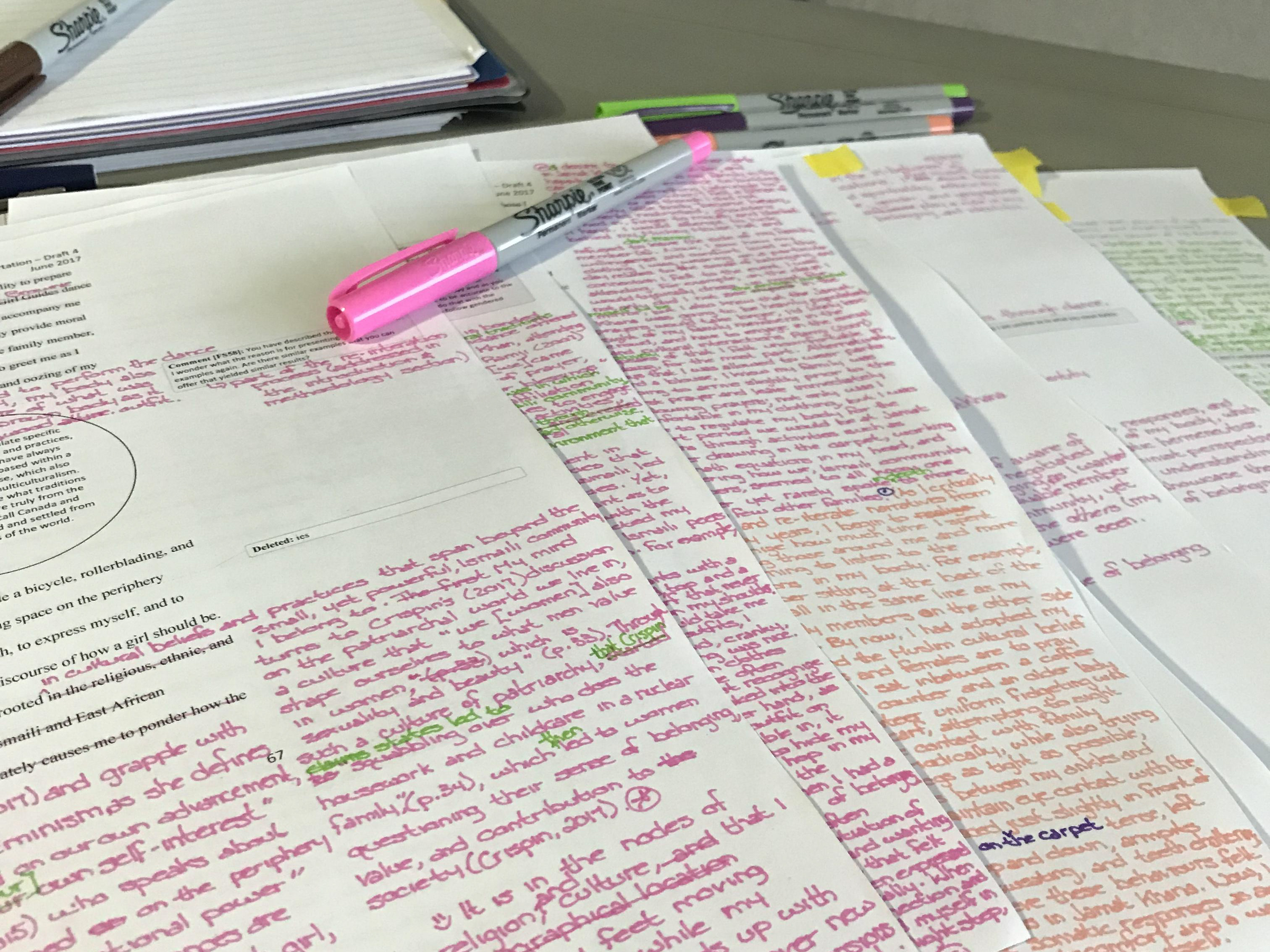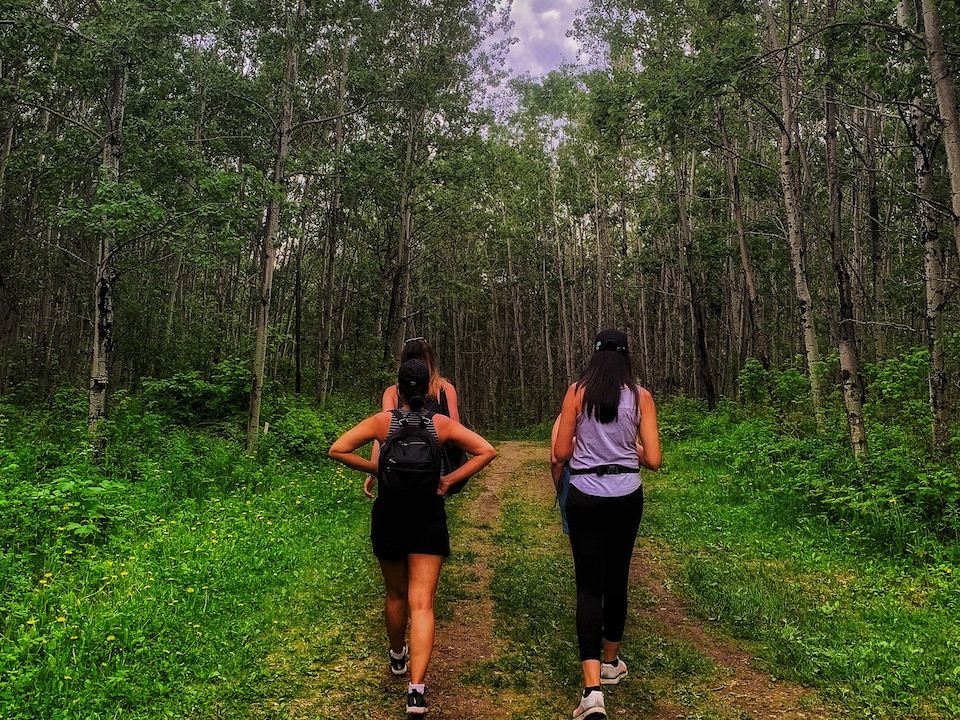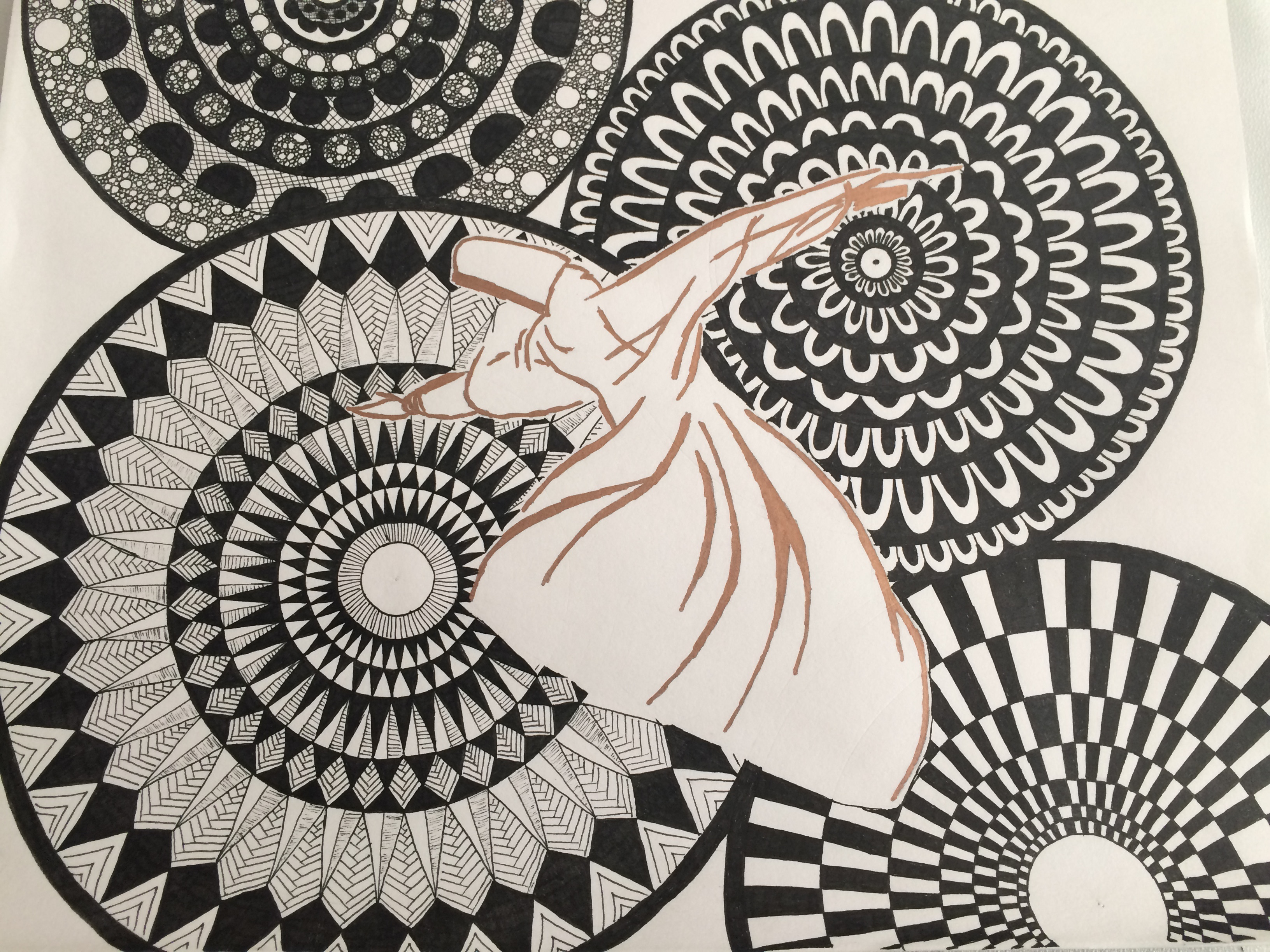Teaching Experience
MacEwan University; Department of Child and Youth Care - Assistant Professor (2019-present)
University of Victoria; School of Child and Youth Care - Sessional Instructor (2014-2019)
Camosun College; Community, Family and Child Studies - Sessional Instructor (2019)
Douglas College; Therapeutic Recreation - Sessional Instructor (2016-2017)
Philosophy
As an emerging educator, my teaching philosophy is grounded in three key notions: (1) practice-informed teaching, (2) research-based teaching, and (3) experiential learning, all of which are interwoven within cultural sensitivity and experiences of living, learning, and educating as a radicalized and marginalized brown body.
I approach teaching from an interdisciplinary and collaborative perspective that honours the multiple ways students grapple with and learn from the materials presented. I view the classroom as the optimal location to intentionally bring together research (theory), practice (experience), and student development. I believe that relational practices yield the greatest outcomes in teaching and honour that students have personal and professional experiences that give them insight into the teachings and that impact the way in which they take up and implement their learnings. It is in the skills and strengths of each student that I root and build each lesson and strive to implement a differentiated learning and interdisciplinary approach to teaching.
I draw on embodied literature (Spatz, 2015 & Shusterman, 2012), by leveraging the strengths of each student's body that builds muscle memory to enacted experiences. The repetitive nature of learning from others (the instructor and peers), practicing learned skills, and ultimately teaching learned skills empowers students to excel in the classroom and enter their professional practices with confidence.
I aim to provide students with sound foundational knowledge that adds to their current understandings and practices within the first few weeks of the semester. Slowly, and intentionally, I shift to shared knowledge where students learn from instructor led activities as well as interactive activities with one another. Nearing the end of the semester students lead learning opportunities. This process is grounded in encouraging students to take risks, to become vulnerable, and to trust one another as well as their instructor(s).
I encourage students to remain aware of cultural factors and the cultural implications of their teachings and practices in honour of the diversified pluralistic context we reside within. As a class, we explore the sensitivities of our personal cultural beliefs and practices within the professional setting. This approach to my teaching is rooted in my international experiences of learning and doing research in communities. During a year in East Africa, I learned that it is critical for educators and researchers to keep in mind the complexity of cultural practices, norms, and tensions and how an “outsider” approaches practices in such settings.
Together, my students are enriched in a safe, encouraging, and fun environment. They are encouraged to reach beyond their perceived abilities, and offered opportunities to engage with theory and practice. I believe teaching, practice and research (the continuous engagement in inquiry) occur in a collaborative and cyclical manner. I attempt to share this belief and spirit with each of my students so that their learning journey simply begins in the classroom with their current location, is grounded in their individual strengths, and so that students are continuously inspired to expand their learnings beyond the classroom setting.




